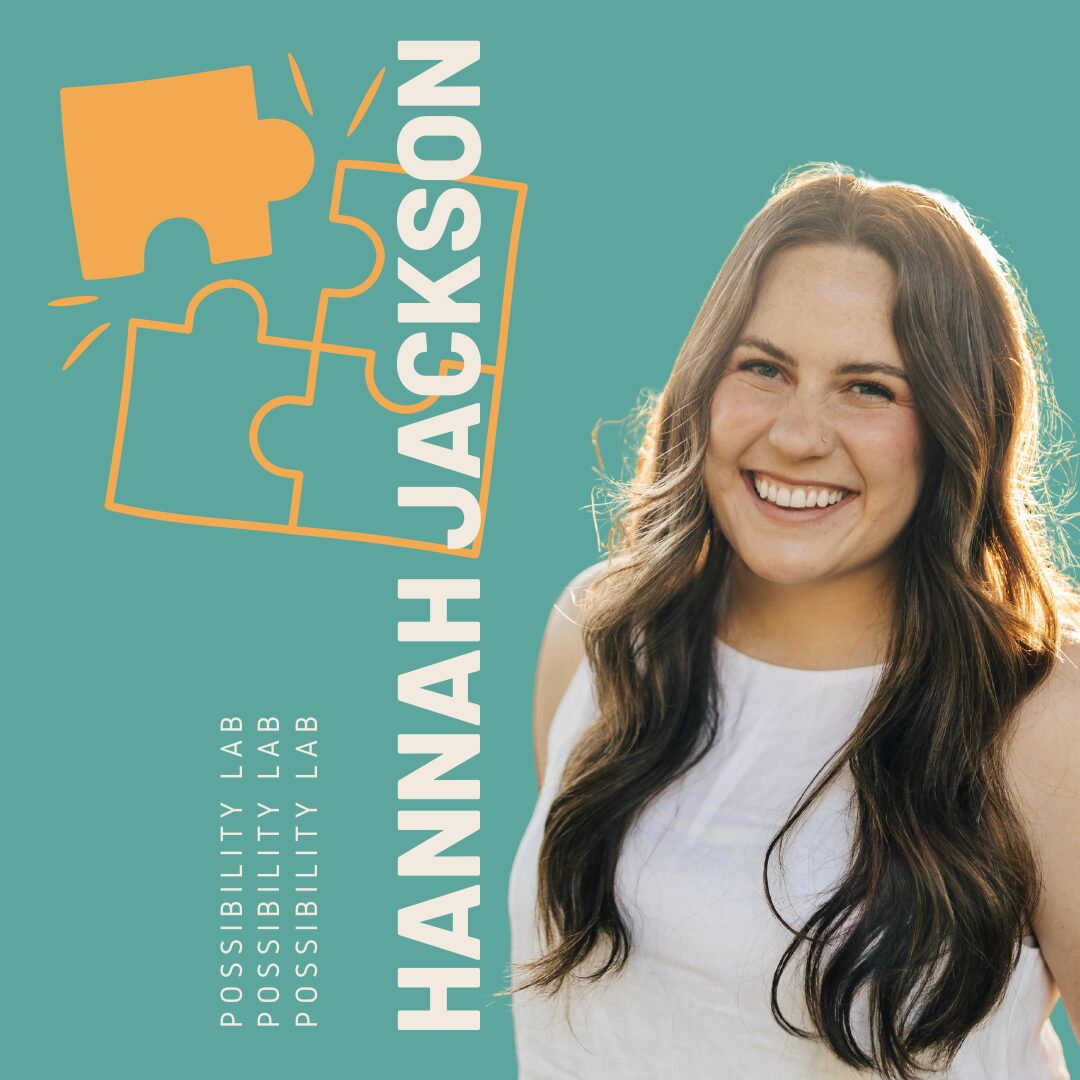More than a Number: Exploring the Critical Role Public Engagement Plays in Policymaking

Inspiration can come from the most unlikely of places…even tax reform.
I was in college studying to become a teacher when I got involved with a local ballot initiative in my Nevada hometown. At the time, the schools in my county were severely underfunded and overcrowded, with many buildings in dire need of repair. As a future teacher and former student of these schools, I volunteered for a campaign aiming to combat these issues. We took a measure to the ballot box, asking voters to pass a tax to fund construction of new schools and repair existing buildings. Turns out, that campaign would also change the trajectory of my life.
Getting people to vote to raise their own taxes is an uphill battle before you even get started. It’s even harder when you have to convince folks from different backgrounds, experiences, and political beliefs to find enough common ground to then agree.
But, the more I got involved in the campaign, the more I fell in love with the collaborative process. It was making what seemed impossible not just possible, but meaningful for everyone involved. People from different places that might not have a lot in common were uniting because they wanted to improve our schools, and in turn, strengthen our shared community.
But, maybe equal to the power of our common goal, it was striking to see the effect that being engaged in the process had on this collection of unlikely allies. Creating change with and for the community created a profound change in the people who got involved. It was powerful.
That experience gave me hope that this level of change was possible. People could come from very different circumstances and outlooks, rally behind the same cause, and work with their differences—not through them—to make better policy solutions. I experienced firsthand that empowering feeling, knowing I could be part of something bigger than myself and actually enact change. The experience brought me closer to my community and gave me a greater sense of agency in my own life.
For a while, I thought working in the legal field was the way to make this kind of policy change on a regular basis. Becoming a lawyer can be an important way to make change on a lot of issues, but it’s not the only way. Now, my work at the Possibility Lab gives me the space to bring back some of the magic from that tax campaign by bringing experimentation and innovation into policymaking spaces to create meaningful change.
My work at the Lab is focused on finding ways to bring as many voices and perspectives into the policymaking process as possible because, when we do, it leads to better outcomes, better communities, and better lives for individuals. I’m passionate about civic engagement and education because I want people to have the same opportunity that was so meaningful to me: that sense of empowerment that you can make a difference—in your community, your state, your world—by working with others.
At the Lab, I get to work with our government partners to find new ways to engage with communities. It’s not just a box to check in the policy process—community engagement should be an intentional and integral part of what makes public policy happen.
And there are so many great possibilities out there. At the Lab, we get to try a new tool or strategy we think has promise, experiment with it, iterate on it, and then hopefully make it better for people to use in the future to create real policy innovations rooted in authentic community engagement.
For me, data is more than just numbers and metrics. It’s also qualitative, based in learning from people’s experiences. Without that piece of the puzzle, a lot of richness and nuance can get lost. The power of engagement and getting people involved in meaningful ways is critical to creating the best possible outcomes—for policymakers and for the people.
Our Work




